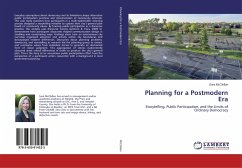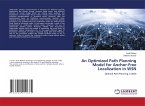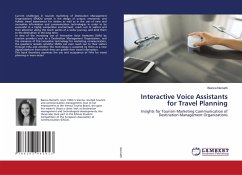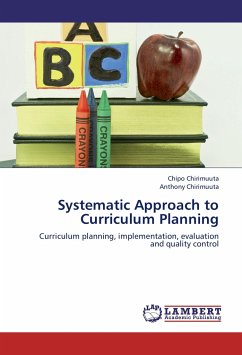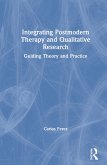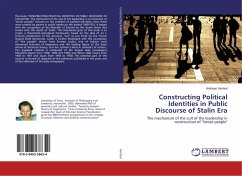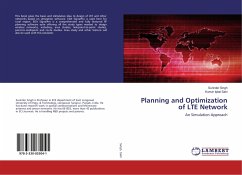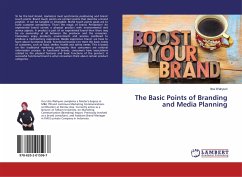Everyday assumptions about democracy and its limitations shape alternative public participation practices and interpretation of community interests. This case study examines how participants in a multi-stakeholder visioning process designed a storytelling initiative to update their city's general plan based on community values. By framing public participation as a discursive practice, this analysis uses discourse tracing (LeGreco & Tracy, 2009) to demonstrate how participant discourses shaped communication design in enabling and constraining ways. Findings show how an autonomous city narrative organized attention and activity within city boundaries and downplayed resident differences. Discourses about planning problems, democracy, and storytelling as research led the planning group to extract and summarize values from individual stories to generate an abstracted form of citizen judgment. This aggregation of stories inadvertently obscured some critical differences in order to produce the city's general plan. This is the story of an uncommon public participation effort from the perspective of a participant action researcher with a background in local government planning.
Bitte wählen Sie Ihr Anliegen aus.
Rechnungen
Retourenschein anfordern
Bestellstatus
Storno

